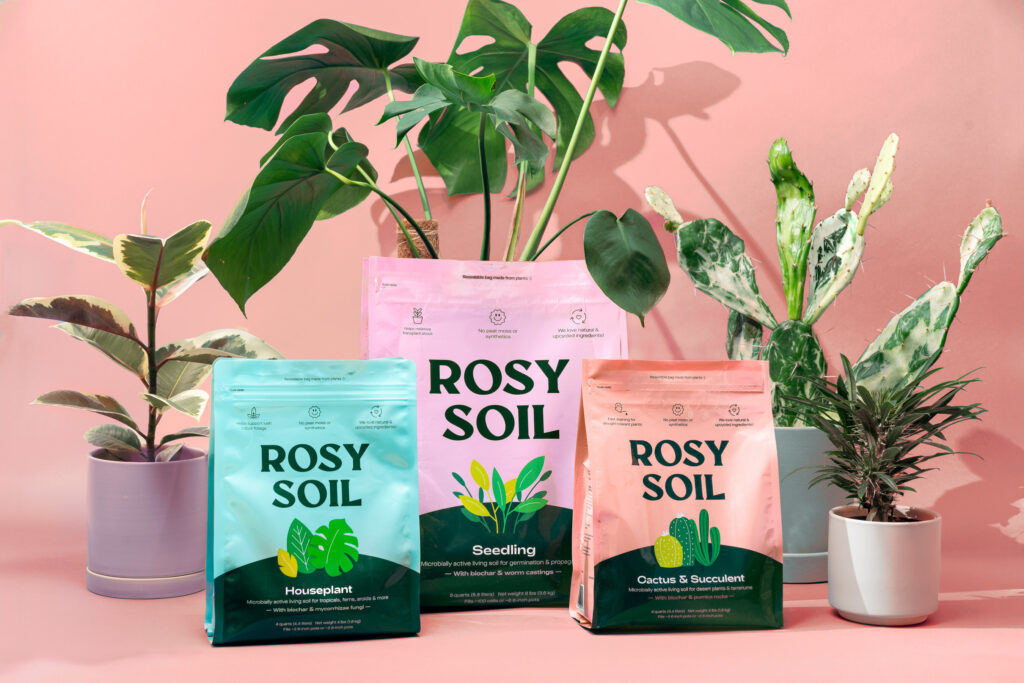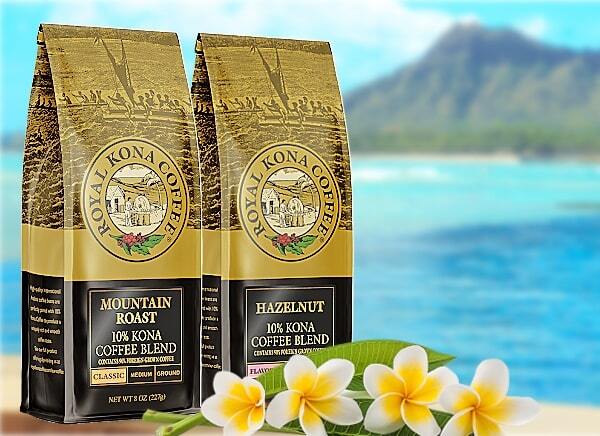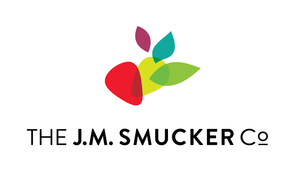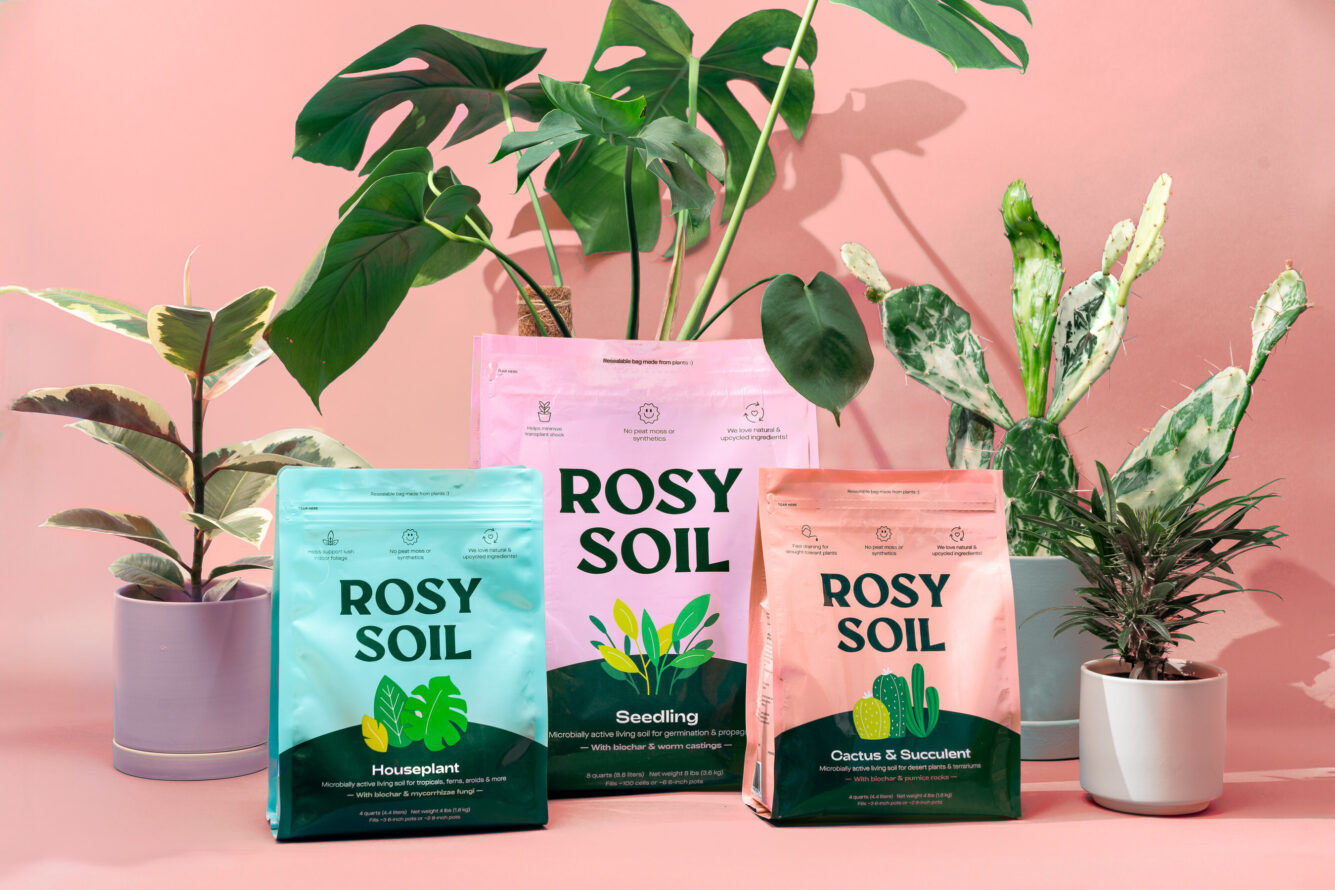This week, the talent and business landscape continues to evolve with strategic acquisitions, innovative partnerships, and groundbreaking funding initiatives. Companies are rethinking how they approach portfolio expansion, sustainable innovation, and market positioning to stay ahead in competitive industries. From a $205M acquisition in the tea sector to a venture aiming to revolutionize gardening with CO2-captured soil, the week’s highlights offer valuable lessons in adaptability and growth. Let’s break it down:

TreeHouse Foods Acquires Private-Label Tea Business for $205M
TreeHouse Foods Buys Private-Label Tea Business for $205M
TreeHouse Foods has announced its acquisition of a private-label tea business for $205 million, aiming to strengthen its position in the growing tea market. The acquisition includes a portfolio of ready-to-drink and bagged tea products, bolstering TreeHouse’s footprint in private-label offerings. This strategic move reflects TreeHouse’s focus on expanding its beverage category, particularly as consumers continue to embrace tea for its health and wellness benefits. The deal, expected to close in Q1 2025, aligns with the company’s vision to deepen its presence in value-driven, private-label markets, offering competitive options for retailers and customers alike.

Rosy Soil Secures $3.6 Million to Innovate Sustainable Gardening
Rosy Soil Raises $3.6 Million to Create Gardening Soil from Captured CO2
Rosy Soil, a sustainability-focused startup, has raised $3.6 million to produce gardening soil made from captured CO2. The company aims to revolutionize the gardening industry by creating an eco-friendly alternative to traditional soil, addressing the growing demand for sustainable practices among consumers. The funding will enable Rosy Soil to scale its operations and reach more eco-conscious gardeners. By leveraging captured CO2 as a raw material, the startup not only reduces emissions but also aligns with global goals of combating climate change. This innovative approach positions Rosy Soil as a leader in sustainable gardening products.

Sojourner Partners with Hawaii Coffee Company to Launch SoJoe Coffee Platform
Sojourner Announces Partnership With Hawaii Coffee Company and Formation of SoJoe Coffee Platform
Sojourner, a coffee company focused on high-quality blends, has partnered with Hawaii Coffee Company to create the SoJoe Coffee Platform. This partnership seeks to merge the expertise of Hawaii Coffee Company’s premium offerings with Sojourner’s ability to deliver unique coffee experiences to consumers. The SoJoe platform will focus on delivering a range of Hawaiian-inspired coffee products, supported by Sojourner’s robust distribution network. This collaboration not only elevates the premium coffee segment but also enhances consumer access to authentic Hawaiian flavors on a broader scale.

The J.M. Smucker Co. Reports Q2 FY25 Earnings, Signals Portfolio Optimization
The J.M. Smucker Co. FY25 Q2 Earnings Highlights
The J.M. Smucker Co. reported strong second-quarter earnings for fiscal year 2025, showcasing continued growth in key categories like pet foods and snacks. The company highlighted its focus on portfolio optimization, with plans to double down on high-margin products while exiting less profitable segments. Smucker’s strategy includes leveraging data-driven insights to align its product portfolio with shifting consumer demands, particularly in the premium and wellness segments. The report underscores Smucker’s agility in responding to market trends and its commitment to long-term shareholder value.
Implications for Business Leaders
This week’s news underscores the importance of aligning business strategies with market trends and consumer values. TreeHouse Foods’ acquisition and Smucker’s portfolio optimization demonstrate the need for companies to focus on high-growth areas while shedding non-core segments. This approach highlights the role of data-driven insights in shaping business priorities and maintaining competitive edges.
Sustainability continues to emerge as a powerful market differentiator. Rosy Soil’s use of captured CO2 reflects the growing consumer demand for eco-friendly products. Companies integrating sustainability into their operations can not only drive innovation but also build stronger connections with environmentally conscious consumers.
Collaborative models remain a key driver for growth, as seen in Sojourner’s partnership with Hawaii Coffee Company. Strategic alliances allow businesses to combine expertise, extend market reach, and deliver unique consumer experiences. These moves emphasize the value of working together to achieve greater impact and differentiation in competitive markets.
Conclusion
This week’s stories offer a roadmap for executives aiming to thrive in complex, ever-changing markets. Whether it’s Rosy Soil’s game-changing approach to sustainability, TreeHouse Foods’ targeted acquisition strategy, or Sojourner’s innovative partnership, the focus is clear: align with consumer values, embrace innovation, and refine portfolios to achieve long-term growth. As 2024 winds down, these lessons serve as timely reminders of the importance of adaptability and strategic vision in today’s business environment.
